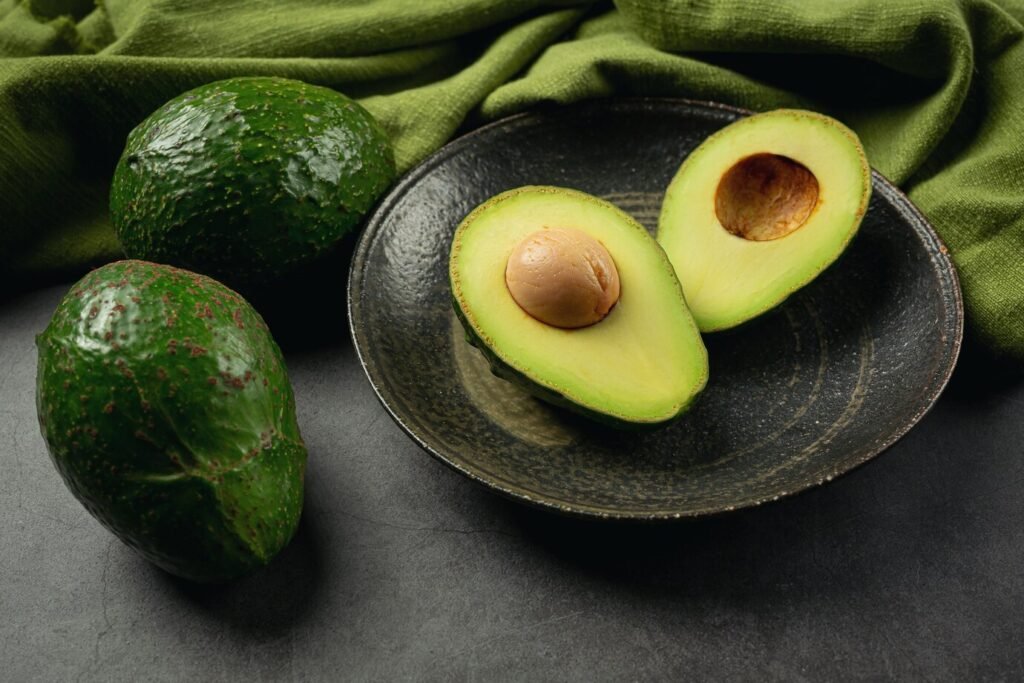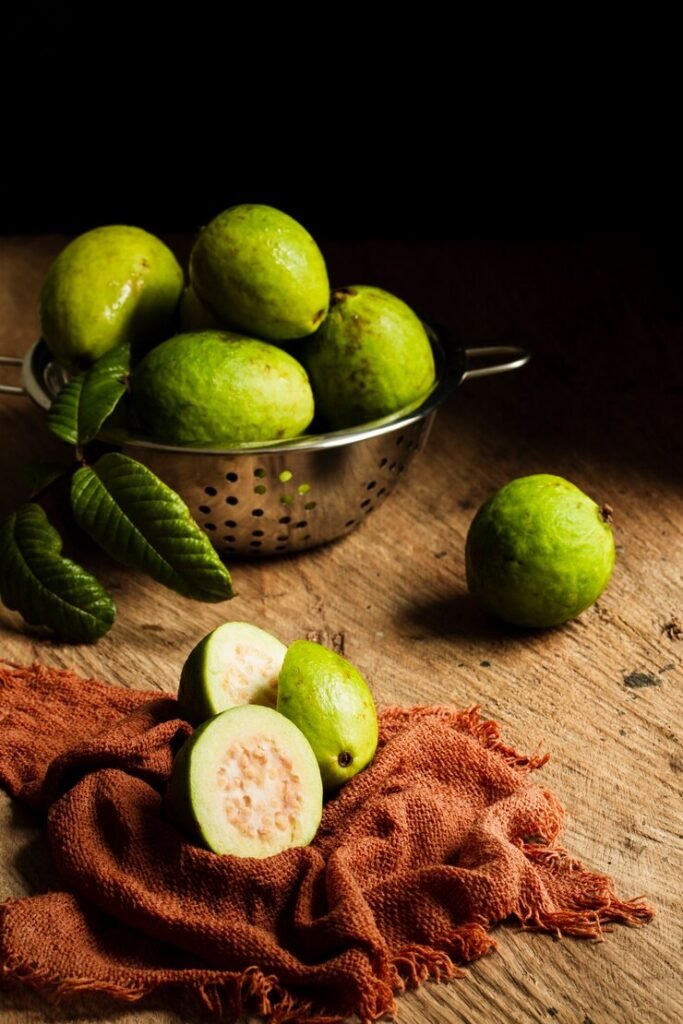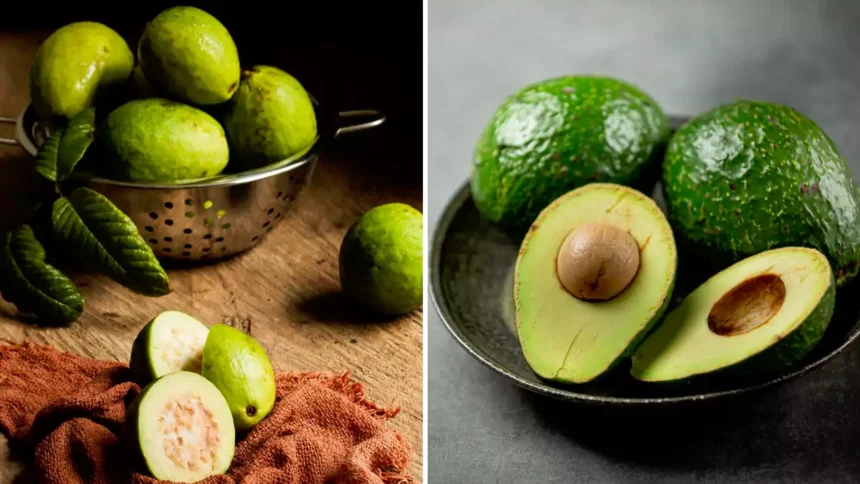Both avocado and guava are nutrient-dense fruits, each with its own unique health benefits. Avocado is particularly high in iron, magnesium, dietary fiber, and vitamin B6, while guava excels in protein, calcium, and vitamin A. Your preference for one over the other may depend on specific dietary needs and health goals, but both fruits play a vital role in a balanced diet.
Is Avocado Better Than Guava?
When comparing the two, avocado has some notable advantages. It contains 0.55 mg of iron per 100 grams, while guava offers 0.26 mg. Avocado also has lower sugar content, with 0.66 grams per 100 grams compared to guava’s 8.92 grams. Additionally, it provides more magnesium (29 mg vs. 22 mg) and dietary fiber (6.7 g vs. 5.4 g). In terms of energy, avocado delivers 160 kcal per 100 grams, compared to guava’s 68 kcal. Plus, avocado is richer in phosphorus and vitamin B6.

However, guava shouldn’t be overlooked. It boasts higher protein content at 2.55 grams per 100 grams, compared to avocado’s 2 grams. Guava also has greater water content (80.8 g vs. 73.23 g) and more calcium (18 mg vs. 12 mg). Furthermore, it contains higher levels of manganese and vitamin A.

The popularity of each fruit reflects different preferences and consumer willingness to invest in them. Avocado is celebrated for its benefits in hair care, helping to keep hair soft and manageable due to its natural oils. Meanwhile, guava leaves are traditionally used to combat hair fall and frizz.
Ultimately, both avocado and guava offer essential nutrients, making the choice between them a matter of personal dietary preferences and health objectives.
















